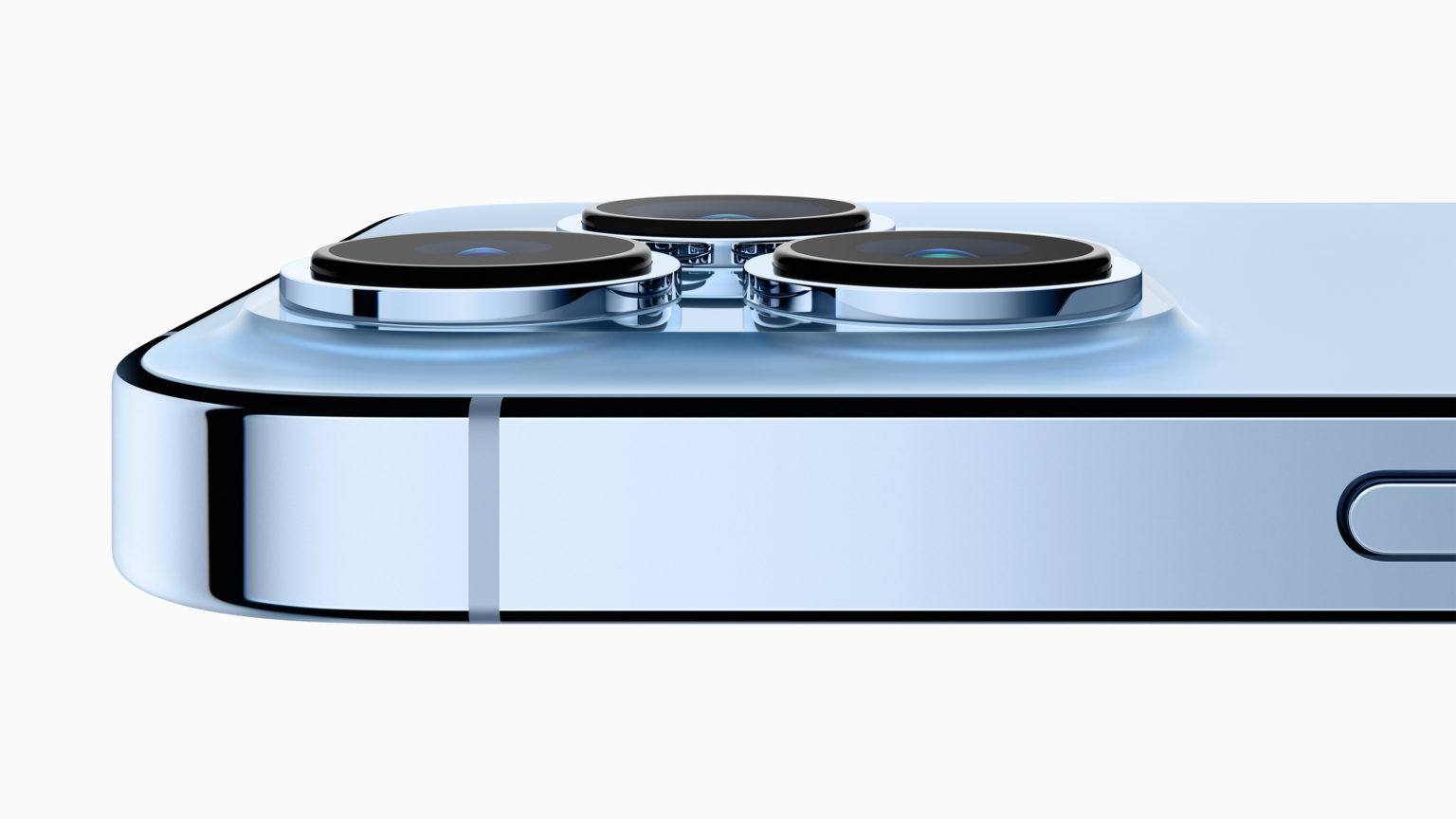ProRes is one of the most attention-grabbing features of the iPhone 13 Pro. With the solution, users can record videos with less compressed images, which offers more freedom and quality when editing. Find out, below, what is the ProRes format in footage made by Apple’s iPhone.
Created in 2007, ProRes offers “real-time, multistream editing performance”. All this Apple alphabet soup goes to say that it is possible to edit videos with professional quality and without many mishaps. Also, the codec supports any resolution, including 4K.
The format grants you more flexibility when editing videos. According to Apple, frames are treated without regard to other frames. This is because there is less compression on the images, similar to what happens with RAW photos.
What are Apple’s ProRes formats?
Apple has a vast list of ProRes formats: Apple ProRes 4444, and Apple ProRes 422 and their variants. Check the differences between each option below, based on a company document:
| Format | Quality | Chroma Sampling | Data rate* |
|---|---|---|---|
| ProRes 4444 XQ | “The high-quality version of ProRes for 4:4:4:4 image sources (including alpha channels), with a very high data rate to preserve detail in high dynamic range images generated by high-end digital image sensors current quality.” | 4:4:4 | 500 Mb / s |
| ProRes 4444 | “An extremely high-quality version of ProRes for 4:4:4:4 image sources (including alpha channels).” | 4:4:4 | 330 Mb / s |
| ProRes 422 HQ | “A higher data rate version of Apple ProRes 422 that preserves visual quality at the same high level as Apple ProRes 4444, but for 4:2:2 image sources.” | 4:2:2 | 220 Mb / s |
| ProRes 422 | “A high-quality compressed codec that offers nearly all the benefits of Apple ProRes 422 HQ, but at 66% of the data rate for even better real-time multistream editing performance.” | 4:2:2 | 147 Mb / s |
| ProRes 422 LT | “A more highly compressed codec than Apple ProRes 422, with approximately 70% the data rate and 30% smaller file sizes. This codec is perfect for environments where storage capacity and data rate are at a premium.” | 4:2:2 | 102 Mb / s |
| ProRes 422 Proxy | “An even more highly compressed codec than Apple ProRes 422 LT, intended for use in offline workflows that require low data rates but full resolution video.” | 4:2:2 | 45 Mb / s |
*em 1920 x 1080 pixels e 29,97 fps
ProRes Video Compatible iPhones
For now, Only iPhone 13 Pro and iPhone 13 Pro support recording videos in ProRes.
According to Apple, to enable the format, you need to access the camera settings in iOS settings. Then, go to the “Formats” page and activate the “Apple ProRes” option.
After activation, the user just needs to open the camera app, select the filming option and tap on “ProRes”. Video can be recorded immediately with the new format.
Apple, on the other hand, has a warning: “You cannot use ProRes with Cinema mode, slow motion or time-lapse video”.
Okay, but where can I play and edit these files?
But this does not mean that ProRes can only be displayed or handled on the iPhone 13.
According to Apple, these devices are compatible with playing and editing the format :
- Mac: computers running Mac OS X 10.6 and later;
- iPad Pro: 12.9-inch (from 3rd generation) and 11-inch;
- iPad Air: from the fifth generation;
- iPad Mini: from the sixth generation;
- iPhone: the entire iPhone 13 range.
The files can be edited in the Photos app, iMovie, Final Cut Pro and other apps compatible with the format.
What changes from ProRes to H.264 and H.265?
But how does Apple’s format differ from H.264 and H.265? Well, the disparity is precisely on purpose, as H.264 and H.265 aim to facilitate sharing. That is, you can even lose in quality, but gain in compatibility, as H.264 is one of the most used codecs in the world.
ProRes offers less compression and more performance when editing videos. That is, you can handle them more quickly and without loss of quality. Files, on the other hand, take up more space.
Pros and Cons: Do I need ProRes?
The format gives fewer lossy images. If you are filming for your work, or college or just want to record something without compressions, ProRes can be your biggest ally. After all, you will have much more flexibility when editing the videos.
The problem is that recording videos with the codec takes up a lot of space. No wonder Apple requires an iPhone 13 Pro with 256GB or more to capture 4K using the. That is, if the smartphone has 128 GB, the footage will be in Full HD.
Apple even warns about this aspect in the iOS settings: “One minute of 10-bit ProRes HDR takes up approximately 1.7 GB in HD and 6 GB in 4K”.
Is ProRes legal? Yes, awesome. But you don’t need to activate it every time you go to record your cat’s nap, for example.
